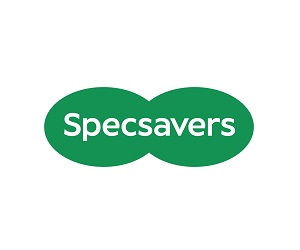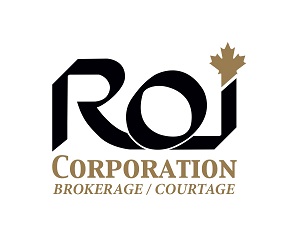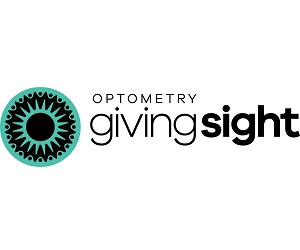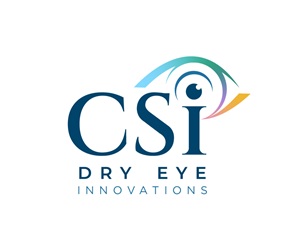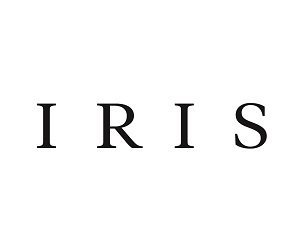
Canadian eye care professionals are facing a digital reality: most contact lens wearers are asking critical questions not in the exam room, but online. A new report from the Contact Lens Institute (CLI), Digital Discovery: Consumer Searches Reveal Contact Lens Realities, analyzes what consumers are typing into search engines and saying to voice assistants about contact lenses—and the results offer a clear blueprint for how practices can respond.
The 30-page report, based on U.S. and Canadian data from platforms including Google, TikTok, and major AI tools, is a wake-up call for optometrists and opticians looking to align clinical care with modern patient expectations.
Patients Are Searching—and They’re Not Always Waiting for You to Answer
According to CLI, 65% of contact lens-related searches are purchase-related, including price comparisons, brand queries, and “where to buy” questions. That means many patients are shopping and forming opinions before they step into your clinic—or perhaps instead of doing so.
Other frequent searches include:
- “Are contact lenses cheaper than glasses?”
- “How do I remove contact lenses?”
- “Are contact lenses safe?”
- “Best lenses for dry eyes”
These questions reflect not only curiosity, but barriers to wear, gaps in education, and uncertainty around clinical guidance.
Digital First Means Clinical Must Follow
With more than 60% of searches coming from mobile devices—and nearly 1 in 5 initiated by voice—it’s no longer optional to think about your online footprint. Patients may never click past page one of Google. According to CLI, 99.5% of users don’t go to the second page, and 50% click within nine seconds.
For Canadian practices, this raises urgent questions:
- Is your website optimized for local search with terms like “eye doctor” or “contact lenses in [city]”?
- Are your practice hours, phone number, and lens services easy to find?
- Do you offer multilingual resources to reflect the linguistic diversity of your region?
These are not just marketing details—they are gateways to trust and retention.
Proactive Conversations Win Over Passive Patients
CLI’s findings show that practices should be initiating multi-point conversations about contact lenses—starting during the exam, reinforced in the optical area, and followed up post-visit.
Many patients are comparing pricing to online retailers, who often promote post-rebate prices that appear lower. If clinics only quote the “box price,” they may be losing business before the conversation even starts.
CLI Visionaries recommend:
- Clearly showing patients rebate-adjusted pricing
- Providing printouts or follow-up emails with their pricing options
- Offering online reordering through the clinic’s own portal
- Highlighting insurance coverage, convenience, and service quality advantages
Insertion Is Taught. Removal Is Searched.
Perhaps the most surprising insight in the report is how often patients search for help with removing their contact lenses—2.5 to 4 times more often than for insertion. TikTok and Google data both confirm this imbalance.
For Canadian eye care professionals, this means that in-office training and follow-up may need to be rebalanced. Consider:
- Observing patients’ removal technique at follow-up
- Providing access to short video tutorials
- Asking specifically about I&R difficulties during check-ins
This small effort could reduce early dropouts, especially among neophyte wearers.
The “Glasses or Contacts?” Mindset Needs Changing
CLI’s data reveals that 84% of comparative online searches frame contact lenses as an “either-or” proposition, not a complementary tool to glasses. Despite the clinical and lifestyle value of dual wear, patients often don’t know this is an option.
This is an opportunity for Canadian ECPs to lead the conversation. Position lenses as:
- An option for specific occasions or activities
- A solution for lifestyle flexibility
- A clinically supported alternative—not a replacement
Practices that routinely raise this discussion can boost satisfaction and unlock additional prescribing potential.
Embrace Multilingual and Multimodal Education
In Canada, CLI found that French and Chinese language searches related to contact lenses are notable—suggesting that multilingual patient resources could be a strategic advantage. Even small additions like translated web pages or appointment instructions can reinforce inclusivity and patient comfort.
Beyond language, consider where patients get their information: search engines, AI assistants, and social platforms. CLI advises that practices equip patients with clinically sound resources like The EASY Way (Eyes, Awareness, Safety & You) to offset misinformation.
Invite patients to bring up anything they’ve read or heard online—and welcome these questions as engagement opportunities.
Key Takeaways for Eye Care Professionals
The Digital Discovery report offers several takeaways worth implementing now:
✅ Review and update your local SEO and Google Business Profile
✅ Introduce clear, comparative pricing conversations
✅ Train all staff to recognize and support cost, comfort, and convenience concerns
✅ Offer removal technique support beyond the initial visit
✅ Position contact lenses and glasses as complementary—not competitive
✅ Localize your content—by language, region, and relevance
✅ Be ready to address AI-driven or social media-sourced questions
Conclusion: Stay Ahead by Meeting Patients Where They Start—Online
CLI’s latest research confirms what many ECPs have sensed: the patient journey now begins with a search query. But that doesn’t mean clinical expertise is less relevant—it means it must be more visible, more accessible, and more responsive.
By understanding what patients are searching for and why, Canadian eye care professionals can better align their practices with modern needs, improve outcomes, and ultimately foster stronger, more loyal relationships.
📘 Access the full report: Digital Discovery – CLI’s See Tomorrow Series















